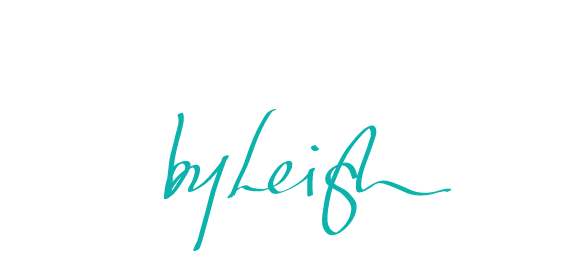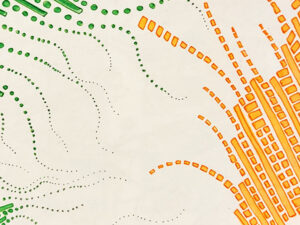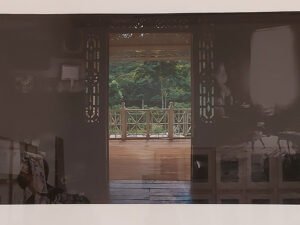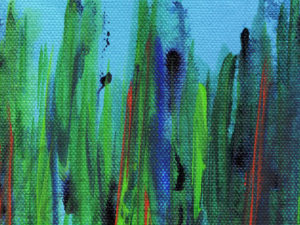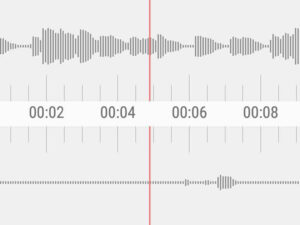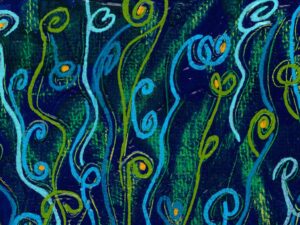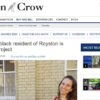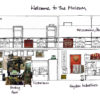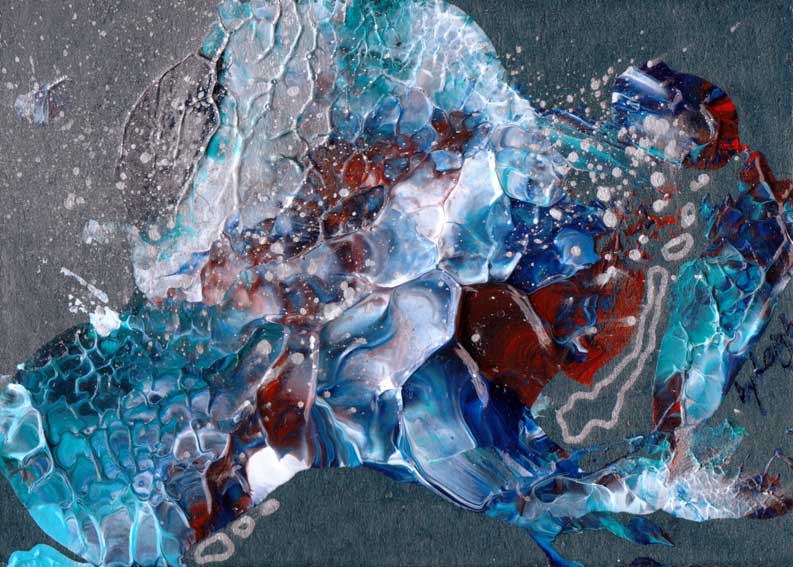
Past Workflow Examples
Apparently, workflow is a great way to ‘secure’ or ‘enhance’ your grade so Lecturer C showed us some past examples. It was almost comedic the rising level of horror in the room looking at a past SIP pupil’s workflow page. The level of detail, sweet baby Jesus! I’m taking comfort in the fact that she was a librarian so surely Lecturer C and Tutor C don’t expect the same of me. Do they? Oh who am I kidding? I expect it of me! So headings/content I might include in my workflow are:
- Question (probably could record its evolution too)
- Abstract (see Hyland model)
- Project Objective & Description
- Table of Contents (maybe an index? Would that add value?)
- Blog/Journal
- Conclusion Artefact (if applicable)
- Bibliography
- Key Docs (e.g. ethics forms, feedback forms, questionnaires, etc)
- Final 10-minute Presentation (and its previous incarnations, cue cards, etc)
- Data Analysis & Presentation
- Relevant Imagery
- Transcripts (if I’ve done interviews)
- Action Plans
Non-Tutorial Group Discussions
As several people were absent this morning, we formed impromptu groups of 3 to discuss our project questions, proposed methodologies, context, etc. Very fascinating to hear what other people are researching, such fascinating projects like the role of emotions in assessment and combining abstract art with data. They raised some good points about my project which really got me thinking about the direction, slant and scope of my SIP.
I could research art’s ability to inspire social change action, or how to measure change and social change action? Should/could social change action post-exhibition be measured or is there a case for simply inspiring it? Or maybe how to write a research partnership proposal between my ‘dream team’? And while I’m at it, I better research whether my ‘dream’ project partners are actually a ‘dream’ to work with, or not. I’m tempted to choose my research angle based on what will reveal the least about my project, but will that really help me pass this course and advance my project?
Why so cagey?
I am concerned about someone stealing my research idea. I have no problem sharing my knowledge after I make use of it to produce the exhibition I want. Until then, I am concerned about someone with more money and influence than me running away with my exhibition concept. Researching how-to produce this exhibition would be like handing over a complete map of where the treasure is to an institution with a naval fleet and several crews while I am still trying to buy a pirogue. Even if the institution never did anything with it, the people within it could and I do not feel that UAL would do enough to protect me against this so I need to seriously think about how I protect this concept, because as we all know you can’t copyright an idea. Hmmm…
This fear comes from my own history of raising the issue of IP with past UAL lecturers only to have them tell me that I need to share my idea, I need to collaborate, I need to stop being afraid of people stealing my ideas because after all, I can come up with lots of ideas. That is not the point. I do not want my concept weakened, appropriated or solidifying the career of someone who didn’t come up with it. If I did that to anything that belonged to UAL, they’d drop 3 tonnes of lawyers on me so fast my head would spin, so why they think I’d be ok with this, I do not know. I do not want a repeat of my past IP experience with UAL – a loss of IP due to sharing it as part of assessment (can’t protect what’s been in the public domain). I was young and naive then, I’d be a fool to make the same mistake twice. So I have plenty research to do. Maybe my first google search will be: how to write and publish a research proposal (to protect it). Call me paranoid but if I get caught twice with this, I’ll be an idiot.
It will be great to work with E – we have a lot in common, like figuring out how to protect our IP – and good to get to know M – because I’ve not worked with her before and fresh eyes with a different perspective is always good.
Exploring Research Methodologies & Methods
That was an interesting session that makes me think I should never leave home without a sharpie again. We split into our tutorial groups and worked on a definition for one research methodology, then we were asked to create a poster about a research method – definition, advantages, disadvantages, potential uses, etc. My group defined Action Research and then created a poster about Observation, which I think is a pretty pants research method, especially if used on its own. For me it would have to be combined with something else to be taken seriously. Too much opportunity for skewed data. Check out our poster, designed by moi. Info populated by the group.
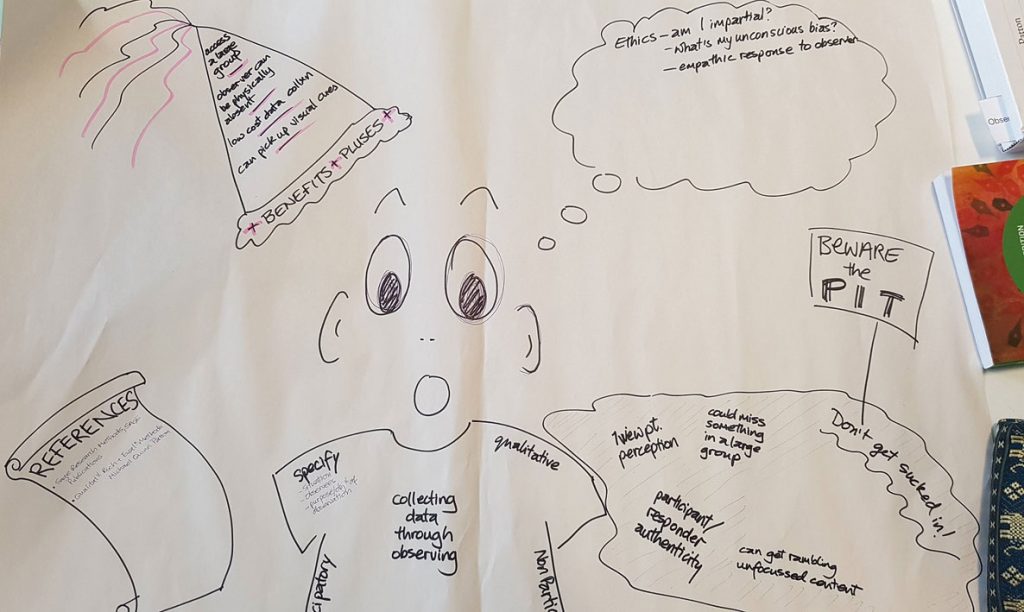
Take-Away from Today?
Several!
- New Search terms –
how to write and publish a research proposal (to protect it) - Potential Research method decision –
Interviews, Secondary Sources (e.g. online), and User Journey Mapping? I’m actually wondering if I can map how others have organised large scale exhibitions and also record my SIP research as my own mapping of my ‘user’ journey? I’ll need to look into that one more.
- To -do List
- Cover my IP ass
- Research User Journey Mapping
- Finalise question
- List all the steps I need to take to complete this SIP project
- Develop an action plan for checking all items on that list
- Plan how I will use my Workflow
- Do the stuff on the Home work list.
